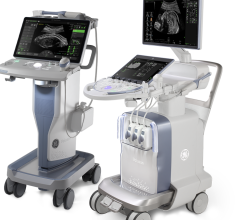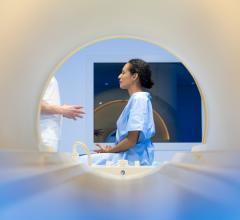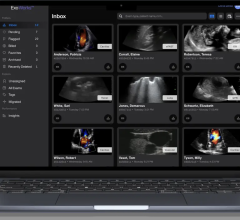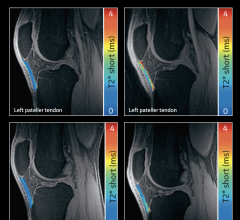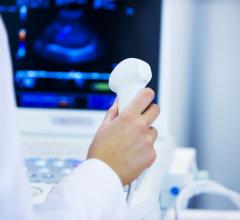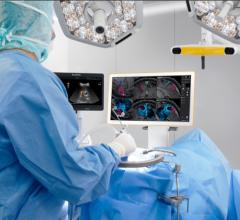

June 24, 2015 - Philips announced the introduction of Lumify, its first app-based ultrasound solution that will extend the reach of ultrasound applications across the health continuum using mobile technology. The technology was unveiled at the Social Media and Critical Care (SMACC) conference, June 23-26, in Chicago.
The technology uses a combination of a consumer-grade smartphone, a special Philips transducer that plugs into the phone's USB port, and a cloud-based app accessed by the phone. The transducer performs both image acquisition and a portion of the image reconstruction processing. The system uses the smartphone as a wireless communication link with the cloud-based ultrasound imaging application and serves as a display screen. It is the first ultrasound device of its kind and is expected to greatly expand access to point of care ultrasound for triaging patients.
Lumify offers high-quality imaging on a compatible smart device through a subscription model. Philips' new ultrasound approach brings together mobile applications, advanced ultrasound transducer technology, integrated information technology (IT), training, education and support services to help healthcare providers improve care and reduce costs.
Already 510(k) cleared by the U.S. Food and Drug Administration (FDA), the first-generation Lumify transducer will be commercially available in the United States later this year. This introduction will be followed by more ultrasound transducers, applications and services available through Philips' new app-based portal.
Lumify is designed for emergency departments and urgent care centers, as well as other clinical settings, and will operate from a compatible smart device connected to a Philips ultrasound transducer. Users will also have access to an online portal where they can manage their device and access Philips' support, training and IT services.
Cloud-enabled and tablet technology allows Lumify to offer users enhanced connectivity, flexibility and mobility. As a customized app-based solution, Lumify is designed to seamlessly integrate with patient profiles and a health system's equipment using cloud-enabled technology. Additionally, data will be accessible on the Philips HealthSuite Digital Platform, an open and secure, cloud-based IT infrastructure, allowing users and health systems access to data and analytics to help improve patient care.
Lumify is part of Philips' App-Based Ultrasound ecosystem, an open innovation platform aimed to deliver the benefits of ultrasound early in the health continuum and expand access among more healthcare providers. App-Based Ultrasound can help healthcare providers guide diagnosis, treatment and management in ways that ultrasound is not currently used. Built on a flexible subscription-based delivery model, users - healthcare providers and institutions - have access to and can manage solutions based on their changing demands and needs.
Central to App-Based Ultrasound's development and continued evolution is Philips' Ultrasound Consortium, launched in 2014 to drive the creation of valuable applications. Consisting of experts from across the health continuum, the consortium will explore ways to extend the reach of ultrasound applications into the hands of more healthcare providers as they guide patients from diagnosis to treatment and recovery.
"App-Based Ultrasound is a compelling vision, presenting healthcare professionals with a new way to provide on-demand point-of-care diagnostics in dynamic clinical environments," said Christian Fox, M.D., RDMS, FAIUM. "In heavily trafficked, high-stress environments such as the emergency department, access to technology like App-Based Ultrasound that can promptly direct treatment is critical to both the provider and patient in achieving positive health outcomes."
For more information: www.philips.com



 March 19, 2025
March 19, 2025 
